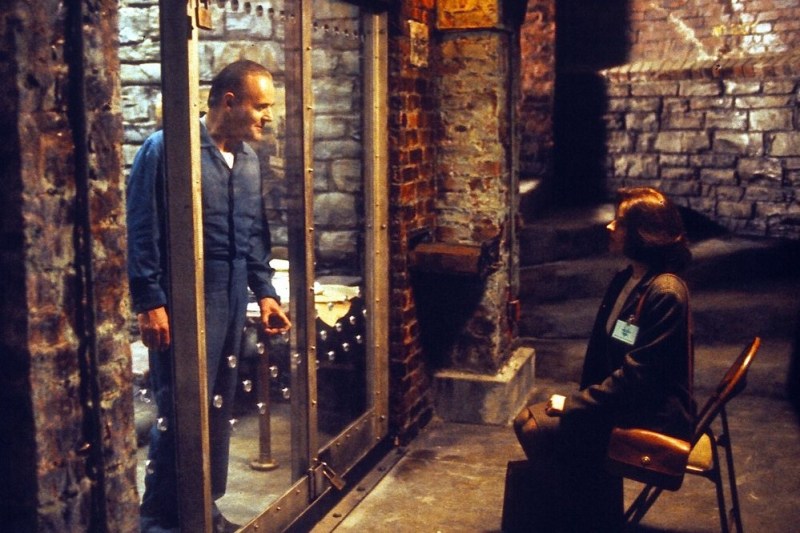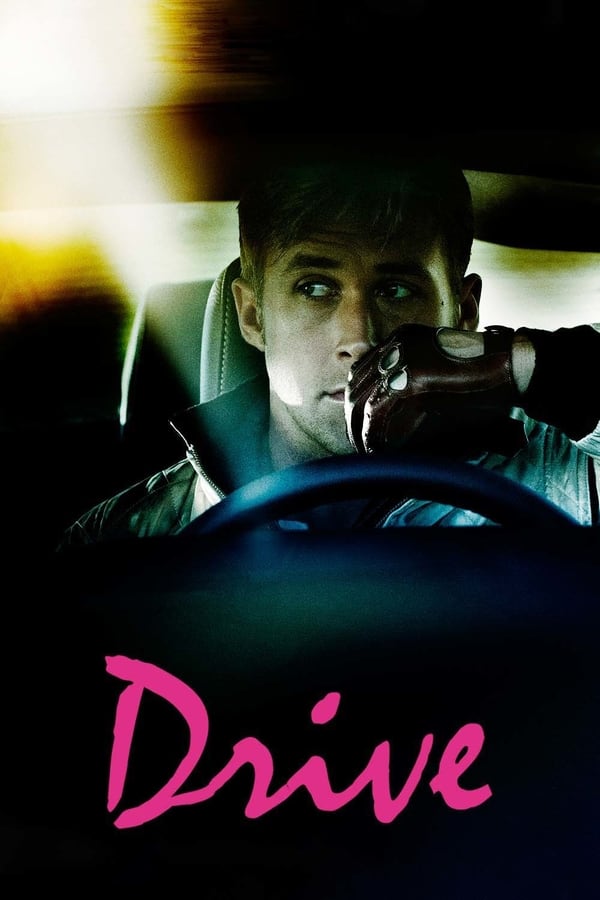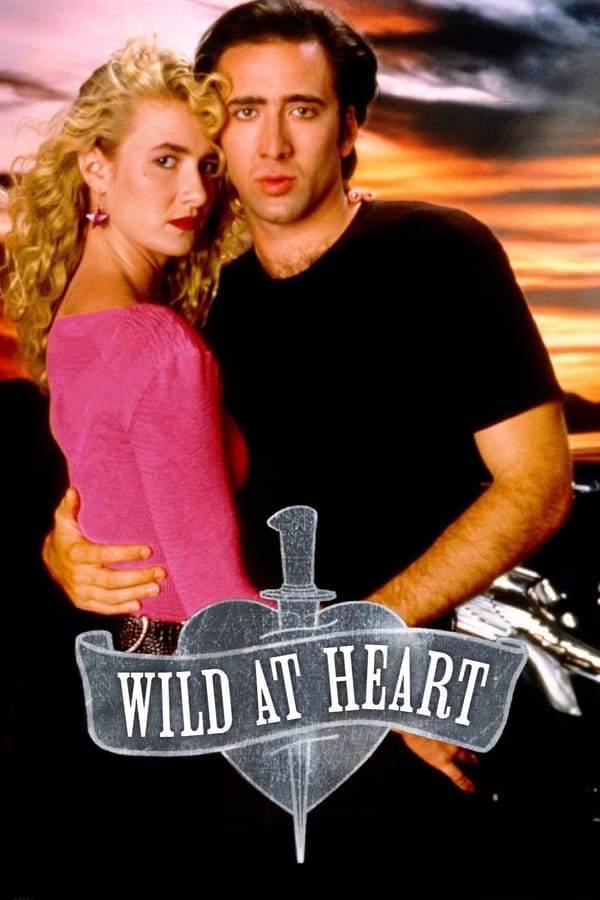
Film adaptations of novels earn up to 53% more at the box office than original screenplays, according to Forbes. For whatever reason, moviegoers worldwide are more obsessed with books that get turned into movies, even over original cinematic creations. Even so, not all movies based on books are created equal (they’re almost all better than your average video game movie, though).
Although the novel and the feature-length film are starkly different artistic mediums, cinephiles have endless conversations about the successes or failures of certain adaptations. Snobs will resort to the conclusion that the book is always better, but is that really true?
Before you invest several hours into scouring the original texts on which your favorite movies are based, we’re giving you a bit of a warning: Sometimes, you’re better off skipping hundreds of pages and just sticking with what’s on screen.
Here’s our analysis of which books that were also adapted into hugely successful films are actually worth your time.
The Shining (1980)

The book: Stephen King’s more logophilic tendencies are in full force with this approximately 500-page novel. Telling the story of a family torn asunder both by mental illness and otherworldly forces (the latter as a metaphor for the former), King explores a harrowing world of psychic turmoil and childhood trauma. It’s an impactful novel for sure, but King’s penchant for going into insanely specific detail with regard to minor characters and irrelevant subplots makes it an occasionally boring and tedious read.
The movie: Kubrick’s ominous vision of the Overlook Hotel is stunningly designed, gorgeously shot, and impeccably acted. The film is widely believed to be one of the greatest examples of modern horror cinema ever made. The director’s menacing creation of an oppressive, spectral atmosphere is somewhat unparalleled in the history of horror. It’s probably as close to a perfect movie as you can get.
Key differences: King gives a lot more depth to Jack and Danny Torrence in the book than we’re given in the movie, and the world of the novel is more filled out and developed. King famously hated the movie for simplifying his story into something less emotionally complex. The end is a bit different too: in the book, Jack is ultimately defeated by the Overlook’s sentient topiary, in the movie he freezes to death. Is the magical aspect of the novel meant to be taken at face value or is it a metaphor for internal strife? Depends on who you ask.
Final verdict: The movie is better. Despite King’s hatred of the film, the movie actually handles the source material better than King could do himself, especially considering his own disastrous attempt at adapting the text into a miniseries almost two decades later. Kubrick’s version does lack some of the psychological insights of the book, but it cuts through the excesses of King’s novel to produce something far sleeker and more impactful.
Drive (2011)

The book: James Sallis’ novel is a minimalist, existential crime drama about a nameless getaway driver. The short tale is filled with gorgeously world-weary prose and lines like: “Time went by, which is what time does, what it is.” The stark world of the book is painted in broad strokes and the characters are sort of Sartre-influenced shadow people more so than fully three-dimensional characters.
The movie: Nicholas Winding Refn takes up the existential themes of the novel in a sort of roundabout way, choosing to depict the characters in sleek fashions and neon-drenched lighting while they speak in short, pithy sentences. Critics complained the movie was all style and no substance, but a quickly growing faction of Refn-cultists countered that style is substance. Either way: whether you like the minimalist dialogue and understated acting, it’s hard to deny the impact of the film’s impossibly earworm-y soundtrack and gorgeous cinematography.
Key differences: We get a little bit more information on the background characters in the book, but Sallis’s original text certainly leaves a lot to the imagination, in the sense that these characters represent existential ideas rather than actual tangible people. The implications of Driver’s actions are also seen in the novel’s 2011 sequel, which changes a lot about the ways the events of the first book can be viewed — but none of that is present in the movie.
Final verdict: Both are great. The movie is excellent if you like lush visuals and cool music, and the novel is excellent if you want something a bit more cerebral. If you’re easily irritated by Ryan Gosling’s non-acting and ultra-violence, maybe skip the movie. If sparse, philosophical crime fables aren’t for you, skip the book.
Wild at Heart (1990)

The book: Barry Gifford’s Wild at Heart novella is a sweet love-on-the-run story about a goofy teenager named Sailor and his endearingly dopey girlfriend Lula. It’s a sort of classic Romeo and Juliet story of foolish, young romance. The dialogue is hilarious throughout and there’s some really poignant poetic language in the prose here and there. All of it is set against the backdrop of a magically real version of the American South, making it deeply charming.
The movie: David Lynch’s loose adaptation of the novel is so deeply unhinged that it barely makes any sense — which isn’t necessarily a bad thing! The acting from Nicolas Cage and Laura Dern is at times absurdly campy and at other times heartbreakingly sincere. Lynch’s version has several totally surreal sequences that are basically non-sequiturs to the actual story. There’s something deeply sleazy about the whole thing that is either charming or repugnant, depending on who you ask.
Key differences: While Gifford’s novel is actually the first in a seven-part series, Lynch’s movie has a definitive and totally confusing conclusion: Before being apprehended by police, Sailor and Lula are inexplicably saved by Sheryl Lee — dressed as Glinda the Good Witch — descending from the heavens. This bizarre sequence is nowhere to be found in the original text. Aside from that: typical Lynchian nightmare scenarios are strewn throughout the film, often having almost no connection to the source material.
The verdict: The book is better (but the movie is also excellent). It’s true that in the year it debuted, Wild at Heart won the Palme d’Or at Cannes — and it’s not hard to see why, considering how original and unprecedented the film truly was at the time — but as an adaptation, it’s sort of incoherent. The over-the-top strangeness of the movie is simply too alienating and surreal for average audiences, but the book’s a splendid little escape from reality.
American Psycho (2000)

The book: Brett Easton Ellis’s description of a sort of a nightmare version of New York City borders on the totally surreal: the ultra-fancy restaurants have impossibly decadent meals, every yuppie is totally interchangeable, people don’t know each other’s names, everyone is on the verge of a psychotic break. The prose of this novel is reminiscent of the Marquis De Sade, but with endless lists of designer garments instead of (or sometimes alongside) descriptions of brutal torture. Patrick Bateman’s slow descent into schizophrenia is often hilarious, but mostly quite dark — and several chapters show him totally out of control, running through department stores and grocery aisles barely able to control his own body. It’s a frightening novel about the loss of individual identity caused by capitalist greed.
The movie: Female-directed horror films are unfortunately few and far between — and Mary Harron’s interpretation of the original text deserves lots of praise. Patrick Bateman, played by an impossibly fit Christian Bale, hits a perfect balance between charming and menacing, and the book’s witty dialogue is transformed into something slightly less unnerving on film. It’s sad that Bateman’s most caustic dialogue has been unironically adopted by the yuppies the book had been excoriating, but that’s not the movie’s fault.
Key differences: Ellis’s book is intentionally difficult and irritating to read, but Harron’s adaptation is sleek and accessible. Because the more avant-garde parts of the book (long chapters depicting violent rape and murder, even longer chapters painstakingly detailing Bateman’s skincare regimen) are whittled down to witty montages, the movie is inherently more appetizing to mainstream audiences than the novel. The tone is also entirely different: It’s true that Ellis’s story is sometimes funny, but the message and mood are ultimately deeply nihilistic. Harron’s film, on the other hand, is quite obviously meant to be laughed at — even at its most gory moments.
The verdict: The movie is better. The book is definitely a literary triumph, but it’s impossible to imagine most people having the patience to sit through the endless and densely postmodern passages.
The Silence of the Lambs (1991)

The book: Thomas Harris’s Silence of the Lambs is a tensely wound suspense novel that traces the over-eager Agent Clarice Starling’s hunting of a serial killer nicknamed Buffalo Bill. In her quest, she attempts to align herself with Dr. Hannibal Lecter, a notorious cannibal who also happens to be a mega-genius. Harris’s language is surprisingly poetic despite the absurd material, and there are some truly breathtaking descriptions of Clarice’s inner world. It’s a stunning mystery story, even if it’s wildly implausible.
The movie: Anthony Hopkins and Jodie Foster are jaw-droppingly talented during every second of Johnathan Demme’s masterpiece. The movie, for the most part, is a pretty faithful retelling of the book, but some of the most compelling details and side stories had to be taken out for brevity’s sake.
Key differences: One key difference between the two texts is that queer people rightly criticized the film for its insensitivy around transgender identity. The book, impressively, handles this subject with much more detail and sensitivity than could feasibly be tackled in a movie. Certain over-the-top aspects of Dr. Lecter’s mythology are toned down for the movie as well: In the book he’s got red eyes and six fingers on one hand, for example.
The verdict: The book is better, but not by much. Both are truly excellent, but Harris’s skill with language simply can’t be captured on film, and some of the movie’s biggest weaknesses are handled better in the novel. Be careful though: If you travel too far down the hole into Harris’s original books on which the other Hannibal movies are based you might be disappointed: The later entries into that quadrilogy are truly off the rails.
To Kill a Mockingbird (1962)

The book: Harper Lee’s story of a young girl who begins to understand the world she lives in is a seminal coming-of-age novel, and a crucial reminder that many people always knew how wrong the Jim Crow South was. Lee’s evocative use of Scout’s perspective allows us to see Atticus Finch from a distance, understanding him as a heroic figure whose motivations are sometimes hard to discern.
The movie: Almost out of necessity, the movie version of To Kill a Mockingbird recenters the story more firmly on Atticus. As a result, it becomes a more conventional story about a white lawyer trying to save the life of a Black man accused of a crime he didn’t commit. It’s still a seminal film, but undoubtedly more conventional than the novel on which it’s based.
Key differences: The movie goes out of its way to be quite faithful to the book throughout, but the loss of Scout’s perspective is an important change. All of the sudden, the novel becomes less about a young girl’s growing understanding of the complexities of the world and much more about her father’s heroic effort to save a single man.
The verdict: The book is better. Both the book and the movie are deservedly regarded as classics, but Harper Lee’s novel is intentionally much more messy and muddled than the Hollywood treatment it eventually received.
More adaptions to consider
The above list could go on and on, so we’ll add a few more book-movie adaptions. When looking for a good adaptation, things you’ll want to consider are how well the film captures the tone and spirit of the book, as well as how well it translates the story to the screen. Here are a few more you may enjoy:
- The Godfather
- The Lord of the Rings Trilogy
- The Shawshank Redemption




